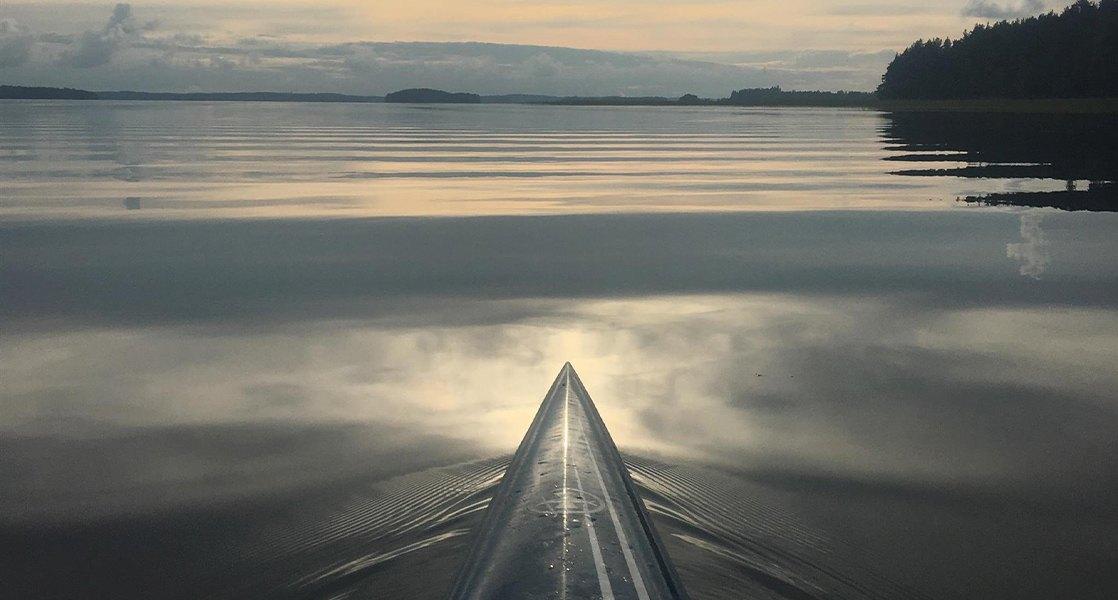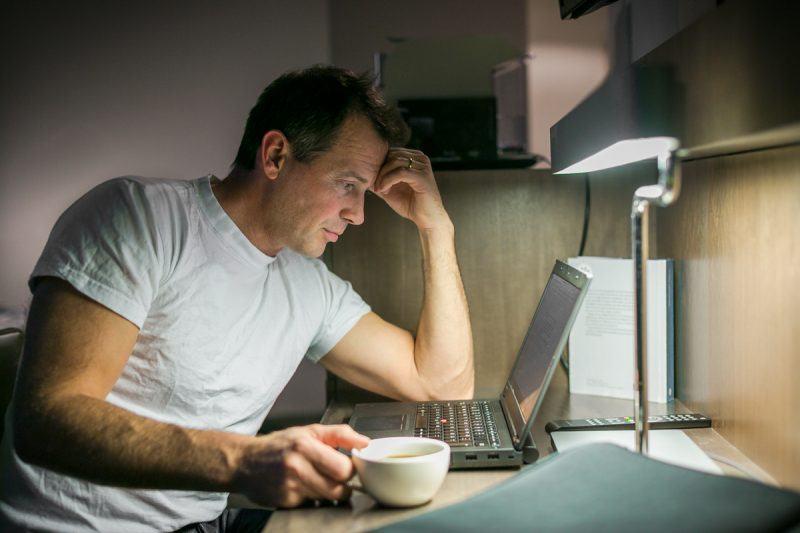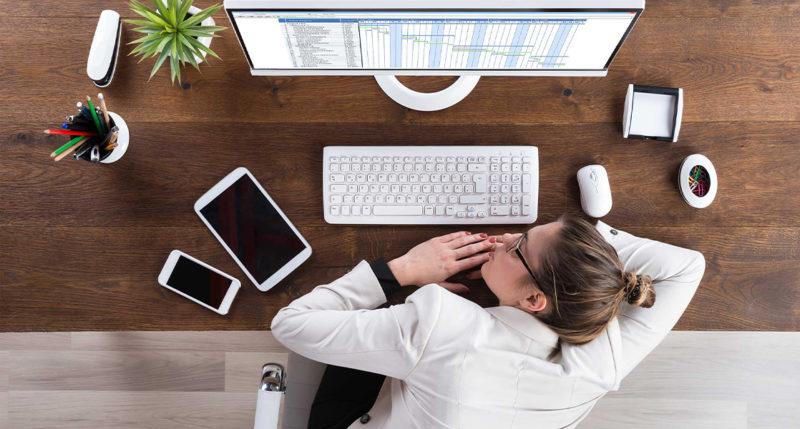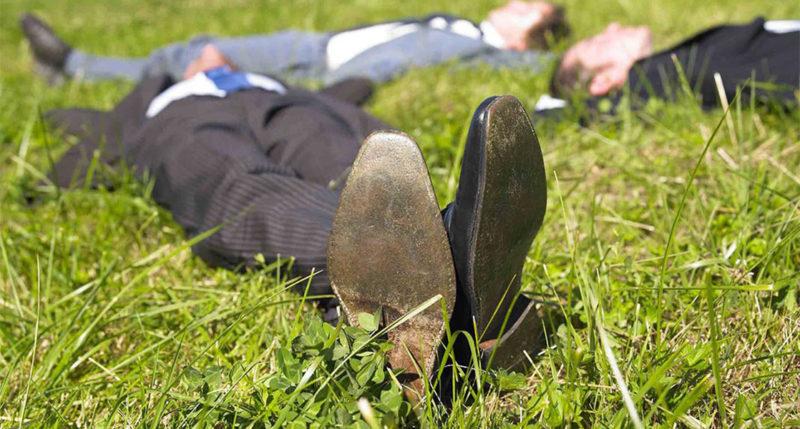
Kids are going back to school – and many of us grown-ups are back to work after summer holidays. Whether you took some long weekends, a week here and a week there, or a 3-4-week major break over the summer, it’s now back to business and daily routines in many parts of the world. How can you maintain the energy hopefully gained during the holidays and enjoy daily life with its ups and downs?
Our local newspaper had a column a few days ago by Heikki Kärki that touched on this topic. He actually felt that his biggest holiday stress came from the “how to take a vacation without stress” guidelines that advise us how to do it right. He found the tips to be too absolute and inflexible, enforcing the idea of the gray daily grind versus the lovely vacation, instead of focusing on the importance of a good, enjoyable life from day to day. Valuable points! Although, I too am guilty of having written a few of these blogs… (I actually had to check my latest holiday blog to see if it was too absolute!) There are no universal guidelines that work for everyone, and sometimes the maze of guidelines, albeit well-meaning, can become another stressor. We tend to put big expectations on the holiday, and if things don’t go as planned (terrible weather, illness, family problems or worries) or if we didn’t manage to fully recharge, we might already be worrying where the energy for the year ahead will come from. Or if the holiday was totally amazing, the daily routines might now seem mundane and overwhelming, and we start thinking about the next holiday, instead of keeping the good vibes, but focusing on a good here and now.
My colleague Satu and I were both writing a blog about this topic this week, and discovered that we were each going through very similar thoughts on how to approach the topic. For example, how common it is to come back from a holiday feeling energized and trying to tackle all the challenges and to-do lists at once. This can certainly result in a super-effective few days, but a bit of moderation and learning to pick our battles would allow us to maintain the energy level a lot longer. Or how important it is to balance between doing a great job and realizing that we cannot work at a 100% intensity every day, all day. We were both drawing from the principles learned from sports. Athletes cannot train at top intensity all the time if they want to achieve top performance, without overtraining; they need easier training days and weeks to allow the fruits of the tough workouts to take effect. The same applies to us regular folk. We need to pace ourselves: find some daily downshifting time, take advantage of a relaxing day-off when possible, and learn to enjoy a lighter work week, if one happens to come along. If we do this, we will be more creative and better equipped to tackle and solve the challenges of our jobs – and just like an athlete, can perform at the top of our game when it’s game time. Of course, this also requires things like exercise, good sleep and good nutrition, but that’s a topic for a different blog…

Just like there is no one right way to take a holiday, there is no one right way to cope with the post-holiday life. We have different likes, recovery needs and tolerance levels for stress, not to mention very different life situations. Holidays can and should be a great energizer, but why not also use them as a reminder to carry some of the holiday mood into our lives year around. Become better at enjoying the good little things in daily life, instead of just pining for the next vacation. Learn to consciously program some micro-breaks into every day (a stroll in the woods, a moment to meditate or a cup of tea and some deep breaths) and mini-breaks into every week (how about a weekend day with no work or other obligations) – and see if that will help keep us in better fighting shape for when the going gets tough.

(Click to enlarge) A balanced weekend day, as demonstrated by Firstbeat Lifestyle Assessment. A short meditative moment in the morning (green bar), a relaxing afternoon listening to music and reading, an easy walk in the woods (blue) and a long restorative sleep period.

(Click to enlarge) A busy work day, followed by an evening filled with activity. Stress carries on several hours into the sleep period. For continued resilience, these types of days should be balanced off by days where the balance between stress, recovery and exercise is better.
I’ll end with a slightly re-phrased thought from one of my earlier blogs (Life’s not always a day at the beach). To stay resilient and energized, we need to learn how to find a good balance between the different demands of life and pay better attention to recovery and the unique needs of our very own body and mind. When we start getting this balance right, life can sometimes feel like a day at the beach, even when there is no beach in sight.
Would you like help with achieving a good balance in life?
You might also be interested in

What is Presenteeism? And How Can We Fix the Multi-billion-pound Problem?
Paying proper attention to the well-being of staff will lead to a better working environment and happier, more productive employees.

Work Hard, Play Hard, Rest Even Harder
Employees are companies’ most valuable asset, so their well-being should be priority number one. We need to act to change the tune of how Britons work.

Reflection on My Dry January: Did It Make a Difference?
In Finland, 20-30% of adults take part in alcohol-free January. I decided to test this myself, collect some data and see how an alcohol-free month affects me. Would I notice some benefits, such as increased energy, better sleep, or even improved heart rate variability (HRV) during sleep?


